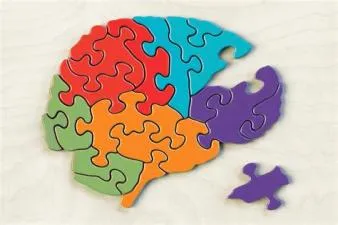Is puzzling good for the brain?

Is freecell a good brain game?
Scientists with the OHSU Oregon Center for Aging & Technology, or ORCATECH, found that a Solitaire-like game called FreeCell, when adapted with cognitive performance assessment algorithms, may be able to distinguish between persons with memory problems and cognitively healthy seniors.
2023-11-26 12:13:05
Are puzzles good for the brain?
Working on a puzzle reinforces connections between brain cells, improves mental speed and is an effective way to improve short-term memory. Puzzles increase the production of dopamine, a chemical that regulates mood, memory, and concentration. Dopamine is released with every success as we solve the puzzle.
2023-09-26 22:08:53
Are puzzles good for my brain?
Working on a puzzle reinforces connections between brain cells, improves mental speed and is an effective way to improve short-term memory. Puzzles increase the production of dopamine, a chemical that regulates mood, memory, and concentration. Dopamine is released with every success as we solve the puzzle.
2023-09-17 22:16:42
Is puzzling good for you?
Working on a puzzle reinforces connections between brain cells, improves mental speed and is an effective way to improve short-term memory. Puzzles increase the production of dopamine, a chemical that regulates mood, memory, and concentration. Dopamine is released with every success as we solve the puzzle.
2023-09-10 22:39:23
- desert luxe kit sims 4 free
- how to play with 2 controllers on xbox series s
- how to use all 3 combat plants simultaneously hogwarts legacy
- skyrim anniversary weapons
- blackjack and
- masters restart
- Recommended Next Q/A:
- Is gengar demonic?



